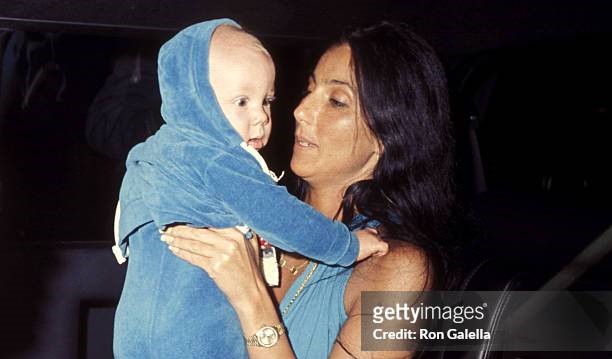
Parents have few options to protect an adult child suffering from substance abuse or mental health issues. One option is to let the courts decree that you will be best suited to be a guardian when they cannot care for themself. Adult Guardianship and Conservatorship can affect anyone, even those we assume have few problems. Cher has filed guardianship with the courts over her son, Elija Blue Allman.
Adult Guardianship is the legal process of the courts determining that a person cannot care for themselves and appointing someone to take care of them. Illinois uses two basic types of guardianship: “person guardianship” and “estate guardianship.”
A guardianship of the person is appointed when the court determines a disabled individual cannot make or communicate responsible decisions regarding their care.
The Illinois probate act does not use conservatorship. Instead when filing for guardianship, it is common to file for “guardianship of the estate” which gives you control over the person’s finances.
There are several different types of Illinois adult guardianship, and each depends on the mental capacity of the individual:
Full guardianship
This gives the guardian full decision-making abilities for the individual.
Limited guardianship
The courts allow the guardian to make some but not all of the decisions for the individual. The courts will decree the extent of decisions the guardian has.
Temporary guardianship
In an emergency situation, the courts may assign a temporary guardian to an individual.
There are other types of guardianship. If you believe someone you love needs your help, it is best to contact an attorney to help determine the level of guardianship.
If you have questions about adult guardianship, a knowledgeable estate planning attorney can help you understand the legal process. Contact Us to set up an initial meeting. Estate and Probate Legal Group today at 630-864-5835.
Areas We Serve: Cook, DuPage, Kane, Lake and Will counties